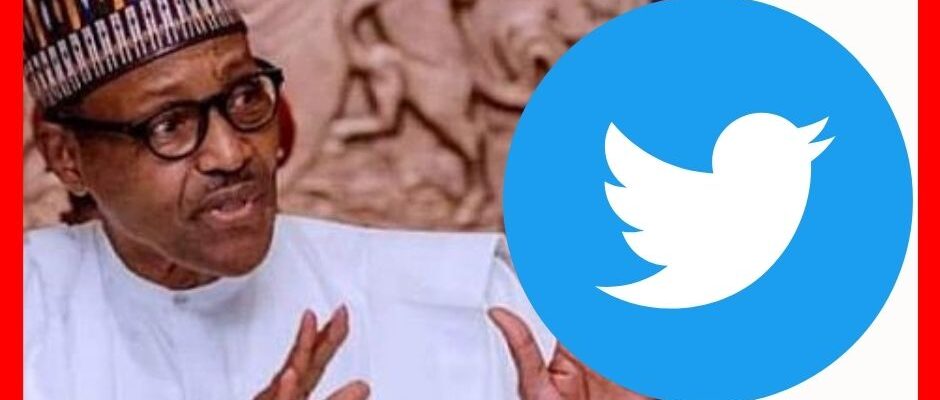Nigeria’s Twitter Ban: Danger of Using VPNs
On 5 June 2021, the Nigerian government officially put an indefinite ban on Twitter to restrict its operation in Nigeria, joining countries like China, Iran, North Korea, and Turkmenistan who had earlier banned the platform in their territory.
The move came after the social media giant deleted tweets made by President Muhammadu Buhari, addressing security challenges in the southeastern region of the country.
The platform which has over 40 million active Nigerian users claimed that the president’s tweet was in violation of its “abusive policy” to threaten civil war against an ethnic group.
This led to the announcement of the suspension of twitter by the minister for information and culture minister Lai Mohammed in a statement which was also published on the ministry’s Twitter handle.
In a statement targeted at both corporations and individuals, the Minister of Justice Abubakar Malami directed the immediate prosecution of offenders of the Federal Government ban on Twitter operations.
The ban however has been greeted with much opposition from the public and both local and international organizations including International human rights groups and diplomatic missions of the EU, U.S., Britain, Canada and Ireland.
A Twitter influencer by the name Gbenga Adene who spoke to Adaba FM described the move as a ploy to deny Nigerians the freedom of expression.
In reaction to the directive by the Justice for the prosecution of violators of the ban, a legal practitioner, Wale Abimbola, said the ban is rather unconstitutional.
As far as compliance goes, many Nigerians continue to use Virtual Private Networks popularly known as VPN to access the platform.
Sola Matthew, a tech expert warns on the dangers of its use.
In the meantime, the National Broadcasting Commission (NBC) has directed all TV and radio stations to “suspend the patronage of Twitter immediately, describing its use as unpatriotic.
Despite the clamour by many for the reversal of the Twitter ban in Nigeria, considering its legal and economic implication on the country, the question still remains, will the move be a temporary or a permanent one.

